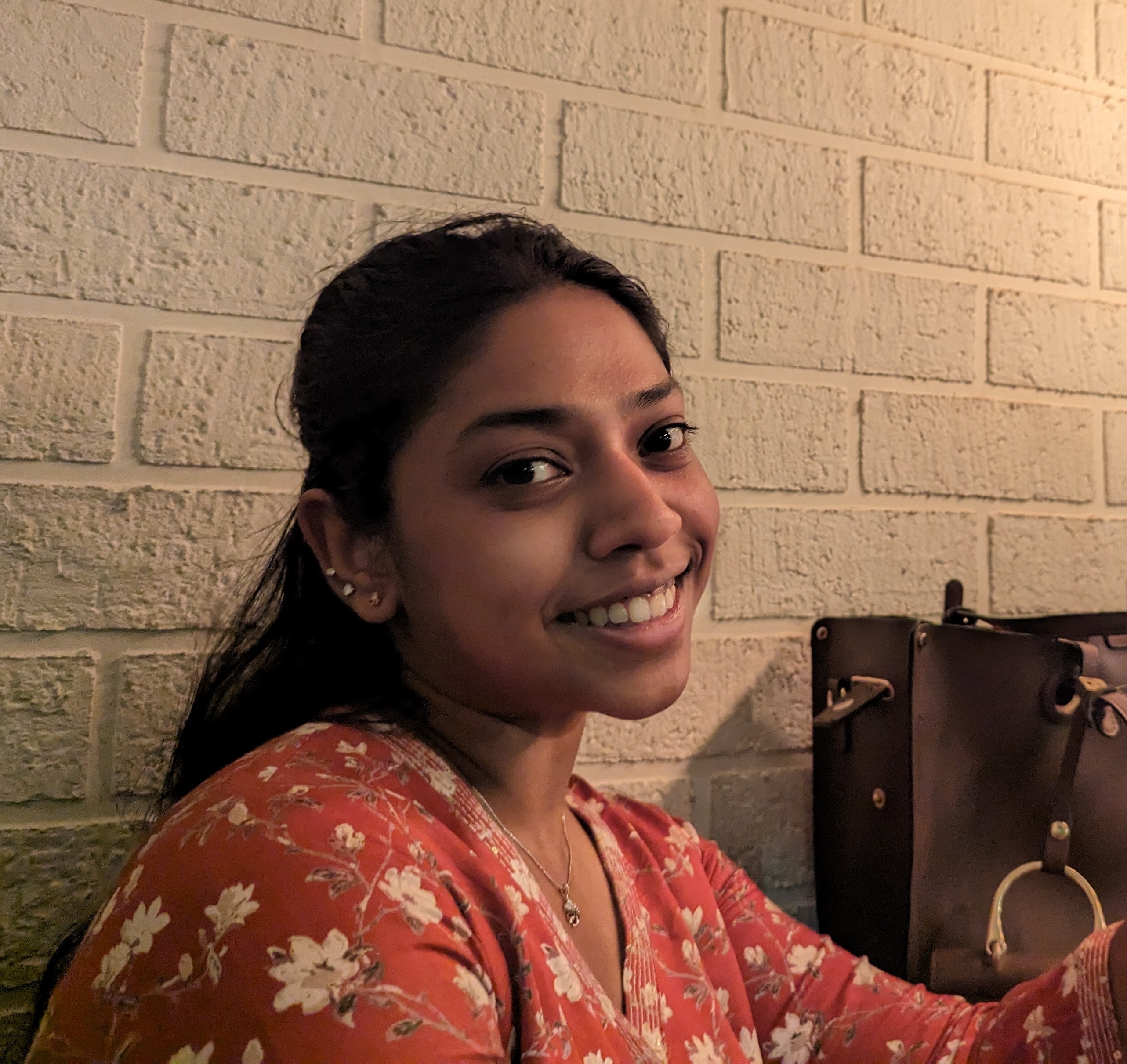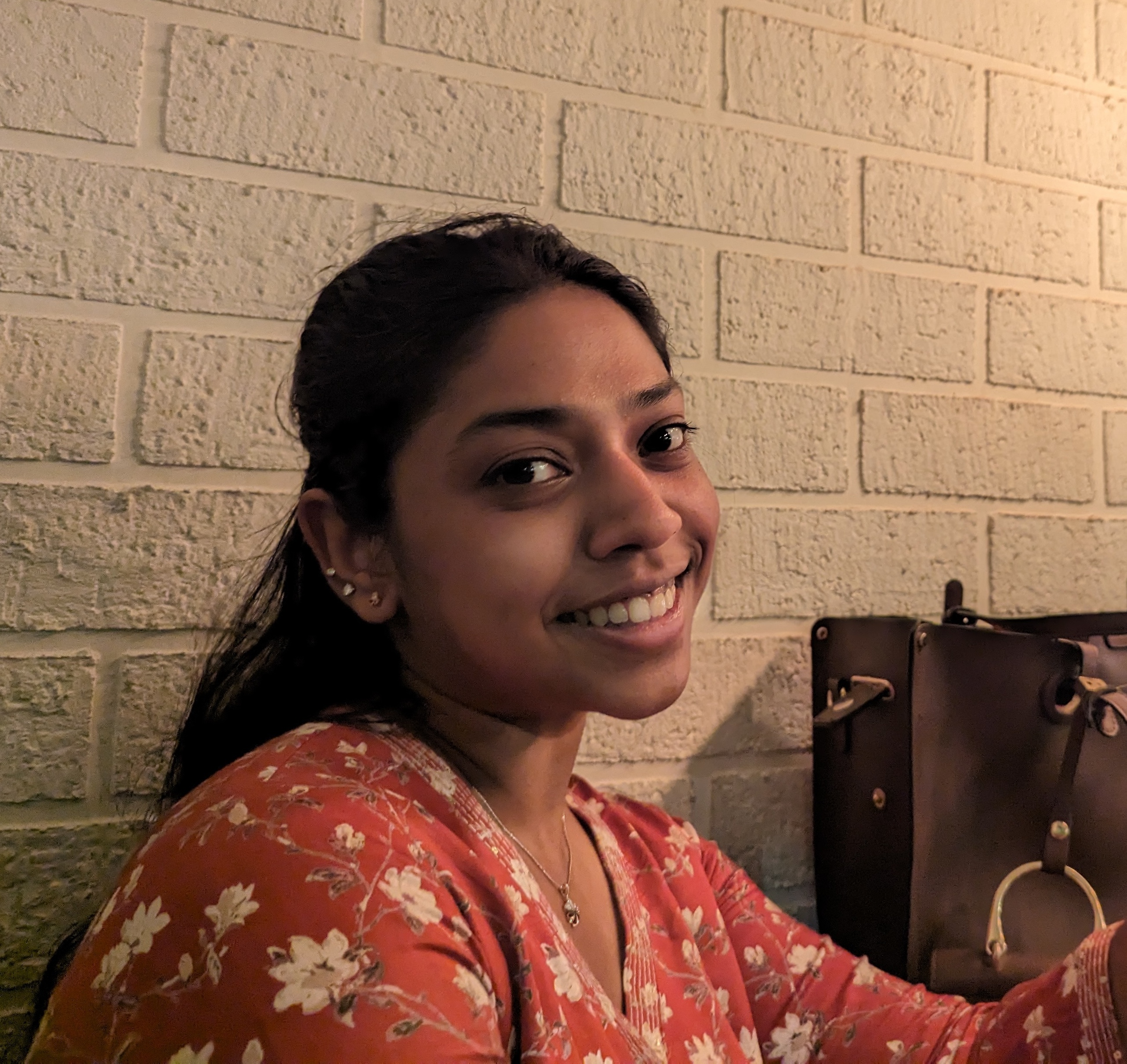The SOP that got me into NYU
Statement of Purpose
As an embryologist I am in a unique position, giving hope to patients. My primary role involves performing procedures like gamete manipulation, embryo culture, embryo biopsy for preimplantation genetic screening/testing, counseling patients about their prognosis, and managing my department’s operations. It brings me so much joy seeing patients embrace babies after a successful IVF(In-vitro fertilization) cycle and when cancer patients secure their reproductive potential by freezing their eggs or ovarian tissue. My job is incredibly fulfilling.
At the IVF lab, I make important decisions based only on the embryo’s morphology. However, this only offers very limited information on the embryo’s developmental capacity or ploidy status. Embryo genomics and proteomics can be improved using computational and bioinformatics technologies. In addition, Endometrial and folliculometry examinations can be enhanced by computation, enabling individualised patient care.
My journey into the world of Biomedical Informatics stems from a profound belief in its potential to revolutionize reproductive medicine. Since my grad school days, I have been working with Pandas, NumPy, and matplotlib to compile and analyze clinical and research data. Having been fascinated by Machine Learning (ML) and its applications for a long time, I decided to work on an ML project while working at Manipal Hospital as an embryologist. I built a deep-learning model to calculate the DNA fragmentation index(DFI) of sperms. This involved building an image processing pipeline and collecting unstructured data to use on a Hierarchical Fully Convolutional Network (H-FCN) and a pattern-based framework. While working on this project, I sought Shafiee Lab at Harvard, who had similar research, and they generously shared their dataset, emphasizing the value of collaborative research.
I presented my findings at the international conference of the Indian Society for Assisted Reproduction (ISAR), 2022 in India and was awarded the best research in embryology. My research allowed me to predict the DFI of sperms by computing a huge number of cells and providing accurate findings which otherwise is a manual process and is a tedious task subject to errors in reporting. This inspired me to learn more about computation and how it can be applied in the field of reproductive medicine.
I am excited to bring significant contributions in specific areas such as embryo imaging, genomics, and ultrasound imaging of the uterus and ovaries. Additionally, I am passionate about advancing research and diagnostics in the field of reproductive cancer. The integration of computational techniques, such as machine learning and informatics, is pivotal in advancing the accuracy and efficiency of reproductive medicine procedures.
Reaching my full potential in the thriving biomedical hub of New York City with a Master’s in Biomedical Informatics from NYU is something that excites me beyond words. Renowned faculty especially, Dr. Kelly Ruggles, whose work on cancer genomics aligns with my interest, coupled with cutting-edge facilities, makes NYU the right place for me to learn and contribute to Biomedical research.
Personal Statement
If there is an important aspect of your personal background or identity that you would like to share with us, we invite you to do so here. Examples might include but are not limited to how you have faced challenges related to your access to education, socioeconomic factors, and identification with a culture, religion, disability, sexual orientation, or gender.
As the only daughter of first-generation parents, education has always held paramount importance in my life. Growing up on the poverty line, I understood that education was my path to a better future. Due to financial constraints, I couldn’t afford extra credit courses or paid workshops to enhance my skills. Consequently, my focus during school and college was solely on studying, and I proudly graduated from undergrad with first-class scores.
My journey led me to my first job as an andrology technician. It was during this time that I became deeply fascinated by Reproductive Medicine. This was also where I was introduced to the world of computers. And I slowly started learning statistical analysis and the use of computation tools to sort and clean data. With the savings from my job, I took the courageous step of applying for a post-graduate program in Clinical Embryology.
As I delved further into this field, my interest in computation tools also continued to grow, prompting me to embark on a journey of learning programming. My dedication to academic excellence resulted in my securing the university rank and receiving the prestigious gold medal for excellence in the Department of Biomedical Sciences. All of these achievements were made possible by the unwavering determination instilled in me by my parents.
I have always placed my faith in the transformative power of education and cherished every lesson and opportunity, as I know firsthand what it means to lack them. The prospect of expanding my horizons through the MS Biomedical Informatics program represents an invaluable opportunity to equip myself with the highest level of knowledge and skills in a field that deeply resonates with my passions and aspirations.

